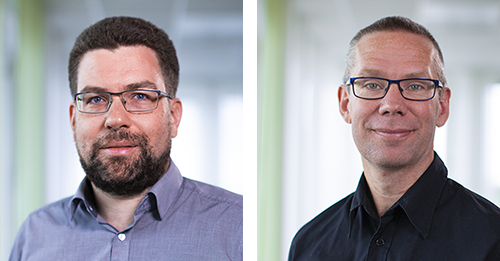A Vast Code Library Applicable to Most Industries
TC-Python is a broad library that can be applied in practically any industry involved in material processing or application. Currently, the metal industry are keen users, as it supports in realizing the digital transformation of the industry through virtual material and process models. This includes steel, light-metals, semiconductors, heat treatment, casting and rolling.
In-house Experience Promotes User Experience
TC-Python is even a widely applied inhouse tool at Thermo-Calc Software. It is used in business areas such as rapid prototyping of models, algorithms and software, validation calculations, database development, continuous integration and massive-parallel computations. Thermo-Calc users benefit from the internal applications. Thermo-Calc developers learn directly about the user experience of the API, and thereby build up vast application knowledge.
Getting Started with TC-Python
Everyone who uses Thermo-Calc and has an interest in programming can use TC-Python. There is no need to be an experienced programmer. Still, the more used one is to a modern object-oriented language, with a rich set of third-party tools, the easier it is to get started. The best way to get familiarized is to watch the video tutorial Getting Started with TC-Python. It is also advisable to run and modify the examples that are installed with Thermo-Calc software.
TC-Python is available from Thermo-Calc version 2018a and can be used with all operating systems supported by Thermo-Calc. It has been extended ever since. Also in the 2020b release, new features are available for TC-Python. If you are interested in TC-Python, please contact info@thermocalc.com.



